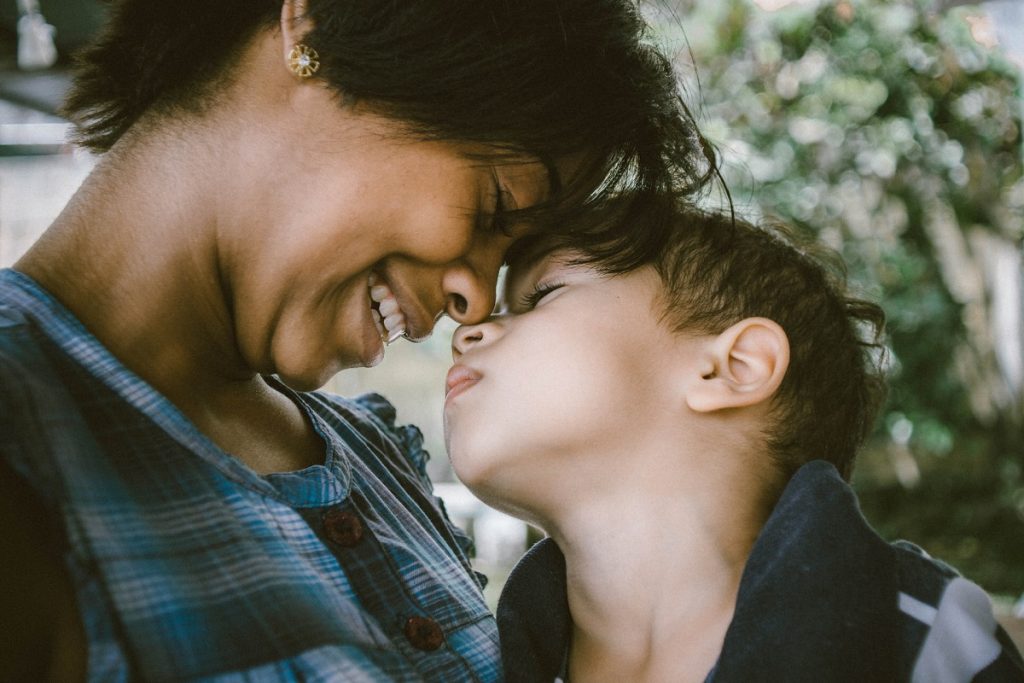
General guidelines of what a healthy and unhealthy parent is are commonly understood.
We all know that we shouldn’t only let our children eat chocolate, or punish them every time they spill their milk.
However, there are less known parenting practices many unsuspecting parents do without even knowing they are creating a toxic environment that could negatively effect their children well into adulthood- so begin the healing journey now.
You may have grown up with a toxic parent who put their needs first and burdened you with trials and tribulations well beyond your years.
Or, you may have been raised in a home similar to the Waltons where hardship was faced with love and support and everyone said goodnight to each other with a smile on their face.
Either way, as a parent it is important to know appropriate boundaries of a healthy parent in order to provide a safe environment for your children- physically and emotionally.
Unfortunately, we often don’t even recognize when we are being a toxic parent.
Implementing these tips to build a confident child who knows their parents are on their side, even when that doesn’t look the way you thought as a parent, will keep your relationship with your children supportive.
…but most importantly non-toxic!
- Let your child be themselves
Now we don’t mean this in the liberal sense, where a child is allowed to engage in inappropriate identities or environments, but in a way where they can explore their own interests and boundaries.
We all naturally impose our own interests and expectations as parents onto our children at some point.
Every now and again, a child will end up loving all the same things their parent does- playing baseball like dad or being a craft enthusiast like mom.
However, more often than not it seems a child wants to forge their own path, finding out through trial and error what kind of person they want to be.
Let your child try baseball (even if the games are painfully long) instead of soccer like you did, or better yet, allow them to not be an athlete at all and explore their love of old coins.
It’s all supporting their healthy outlets, cheering them on in life, and respecting the path they choose (as long as it is within moral and ethical guidelines).
- Allow your child to make mistakes
Toxic parents are easy to spot when they are around a child who makes a mistake.
They are the ones that yell, berate, and reprimand their children for being fallible.
Part of being human is making mistakes and learning from them. Letting your child know they can fail and still be just as valued and supported as when they succeed is instrumental in being a good parent.
- Only expect from your child what they can deliver for their age
Realistic expectations are dependent on your child’s age and what they have been taught.
Toxic parents yell at a toddler for not cleaning their room when told, although they have never been shown how to clean their room and will need help understanding what your standards of clean are.
Even a teenager that has not been taught important life lessons can’t be reprimanded for not abiding by them.
There are responsibilities that every age can take on, but make sure your standards do not exceed their abilities.
- Don’t let your burdens become their burdens
A key trait of all toxic parents is that they burden their children with the weight of their adult responsibilities and trials.
Kids are not supposed to worry about where money for bills are coming from or whether or not you are getting the attention you need.
That is your job as a parent!
Kids are already overwhelmed with homework and making friends at school, and they should have your full support as they go through age-appropriate trials.
If you need an ear to listen about how you haven’t been able to sleep for a week because you lost your job, then seek professional counseling or go to a trusted adult friend for support.
We all can fall victim to the pitfalls of toxic parenting, but being able to correct unhealthy behavior and give our children the nurturing home they deserve is doing more for them than you can imagine.
We are fallible just like our children, but taking the journey to eliminating any toxic parenting habits you have picked up will set our kids up to being the parent we hope to be.
